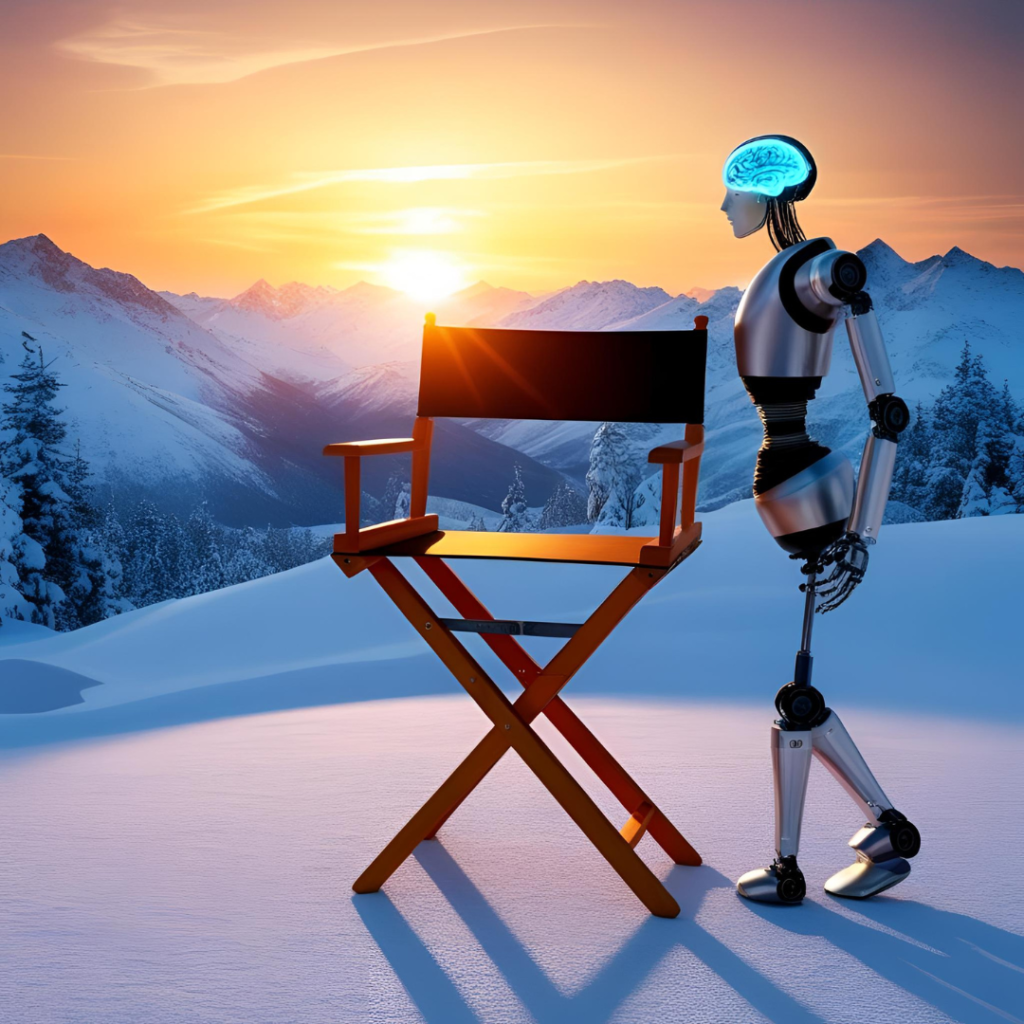The world of filmmaking is evolving at an unprecedented pace, and one of the biggest game-changers is AI scriptwriting. Artificial intelligence is making its mark in Hollywood and beyond, from generating plot ideas to crafting full-fledged screenplays. But can machines truly create blockbuster movies, or is human creativity irreplaceable?

How AI Writes Scripts: The Technology Behind the Words
AI in scriptwriting works by analyzing vast amounts of film scripts, identifying patterns in storytelling, and generating text based on this data. Advanced AI storytelling tools use deep learning and natural language processing (NLP) to construct coherent narratives, complete with characters, dialogue, and plot twists.
Some of the most well-known AI-powered tools include:
- ChatGPT & OpenAI’s GPT Models – Used for generating dialogue and assisting with story development.
- ScriptBook – An AI-driven platform that predicts a script’s commercial success.
- SudoWrite & Jasper – Tools designed to help writers refine and expand their screenplays.
- DeepStory – A specialized AI designed to generate screenplay content.
AI-Generated Screenplays: Hits or Misses?
Several experiments have tested the potential of AI in screenwriting. One of the most famous examples is “Sunspring” (2016)—a short film with a screenplay entirely written by an AI. While the dialogue was bizarre and nonsensical at times, it demonstrated the AI’s ability to generate original content.
Similarly, AI has been used to craft scripts for commercials, short films, and experimental projects. However, most AI-generated screenplays still require significant human editing to make them compelling and market-ready.
Some challenges AI faces in scriptwriting include:
Lack of emotional depth – AI struggles with nuanced human emotions.
Formulaic storytelling – AI relies on patterns, often leading to predictable plots.
Limited creativity – Machines generate ideas based on existing data, making true innovation difficult.
Hollywood and AI: Will Machines Replace Human Writers?
While AI is transforming the film industry, it’s unlikely to replace human screenwriters anytime soon. Instead, many in Hollywood see AI as a collaborative tool rather than a creative replacement. AI can help writers break through writer’s block, analyze story structure, and optimize scripts for audience engagement.
Big studios and streaming giants like Netflix and Disney are already using AI for content recommendations, market predictions, and even script analysis to determine a film’s potential success. However, when it comes to the heart of storytelling—the emotions, the depth, the human experience—AI still falls short.
The Future of AI in Scriptwriting
As AI technology advances, its role in scriptwriting will continue to grow. We may soon see AI-assisted blockbusters where human writers work alongside intelligent algorithms to craft compelling stories. Imagine an AI helping screenwriters develop nonlinear plots, dynamic character arcs, or even personalized movie scripts based on audience preferences.
However, the true magic of cinema comes from human imagination. AI can provide tools, but it’s the human mind that brings stories to life.
AI scriptwriting is revolutionizing Hollywood, but machines are not ready to replace human writers just yet. AI-generated screenplays can assist with brainstorming, editing, and data-driven storytelling, but the depth of human creativity remains unmatched. Instead of fearing AI, writers can embrace it as a powerful tool to enhance their craft.
So, will the next Hollywood blockbuster be entirely AI-written? Maybe one day—but for now, storytelling remains a deeply human art.
Edited By: Pragya Angie
